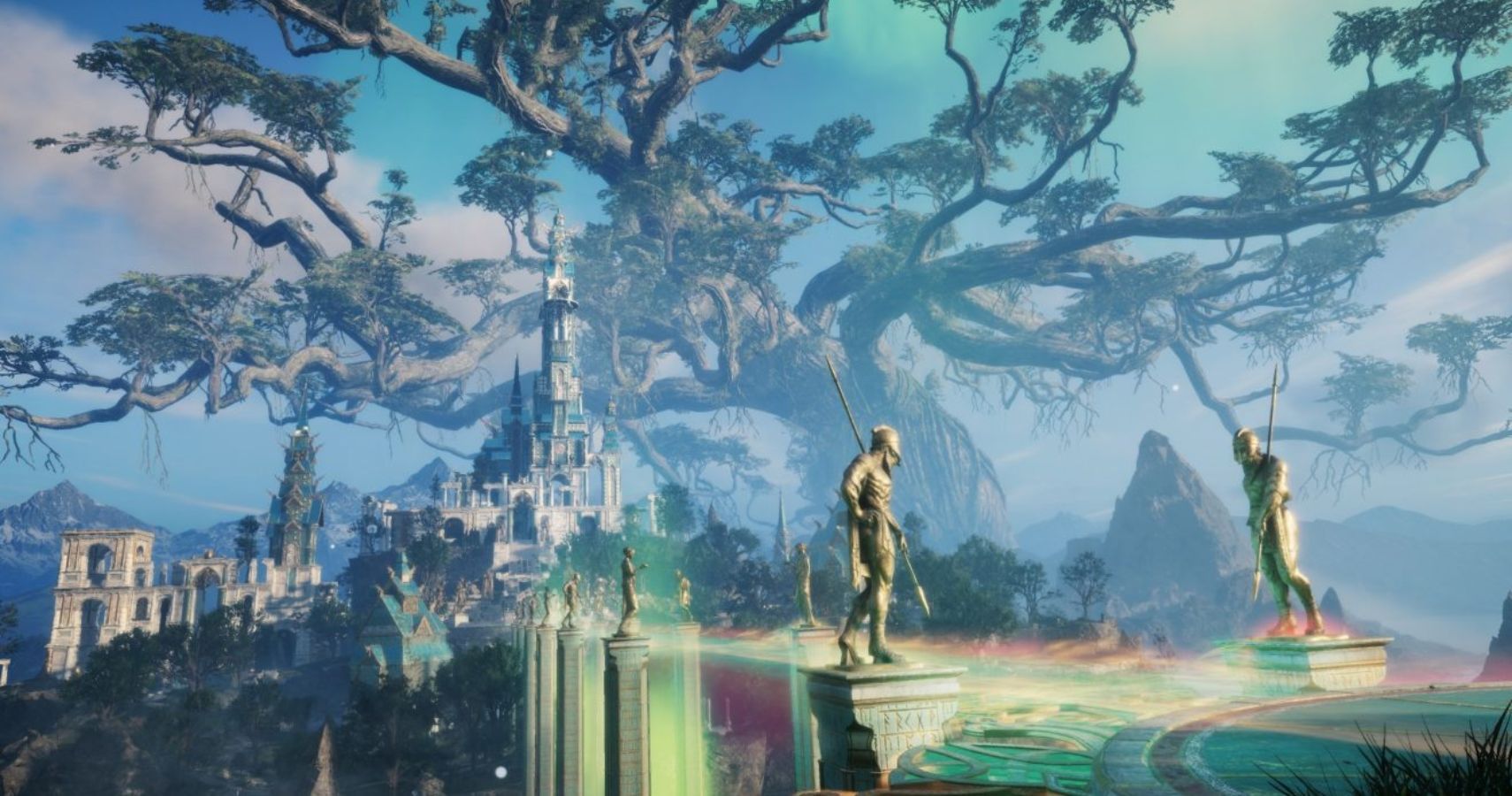Ubisoft delivered a beautiful trailer on the run-up to Assassin’s Creed Valhalla’s release on November 10. The short feature took fans through a journey of Norse mythology, while highlighting its integration with the action-RPG’s gameplay.
Introduced by narrative director Darby McDevitt, the Assassin’s Creed Valhalla - Norse Mythology short addressed the game’s influences pertaining to Nordic culture. McDevitt highlighted the game’s narrative which is situated at a point in history when Europe was transitioning from ancient pagan religions to Christianity. Establishing that England (the game’s main setting) was largely driven by Christianity, McDevitt also stated that some pagan religions were still in high regard during that time.
Most of these religions related to Nordic culture - encompassing the European countries Norway, Sweden and Denmark - where people worshiped Norse gods, including Odin, the king of all gods, Freya, the goddess of love and battle, and Loki, the notorious trickster. McDevitt also mentioned the game’s protagonist Eivor as one of the prominent figures in Nordic culture. The stories of gods were often told to offer comfort and knowledge, instead of inciting blind worship. Compared to the Greco-Roman gods, Norse deities did not offer liberation to those who prayed to them, nor were the gods figures to look up to. Instead, they were beings whose intentions would change frequently.
According to Norse beliefs, the world was segregated into nine, different realms where Asgard housed the most important gods. Across the bridge of light - known as the Bifröst - was Asgard, which held Odin’s hall Valhalla; where perished warriors came to rest. One of the game's earlier trailers showcased an important detail which granted viking’s entry into Valhalla. The scene in question involved Eivor placing a fallen warrior's weapon in hand, which in Norse religion, guarantees safe passage to Valhalla. It was believed that these transcended soldiers would exist beside Odin’s side until Ragnarök; the mighty war at the end of time.
Vikings would not pray to these gods, but instead, negotiate and sacrifice in hopes of receiving good fortune and strength in return. Vikings' religion deterred from the Christian faith by marking sin and redemption as lesser values against honor and reputation, which they considered to be the defining qualities of a warrior.
McDevitt concluded the feature with a quote from Odin’s Hávamál poem, that inspired warriors to worry less and sleep well, which is what McDevitt encouraged players to do before awakening to Valhalla.

